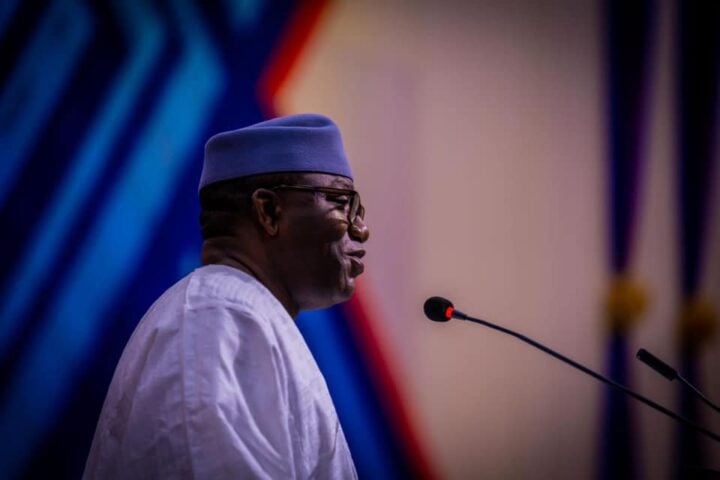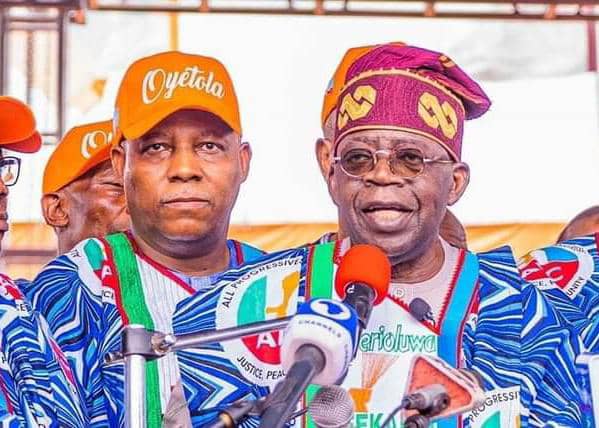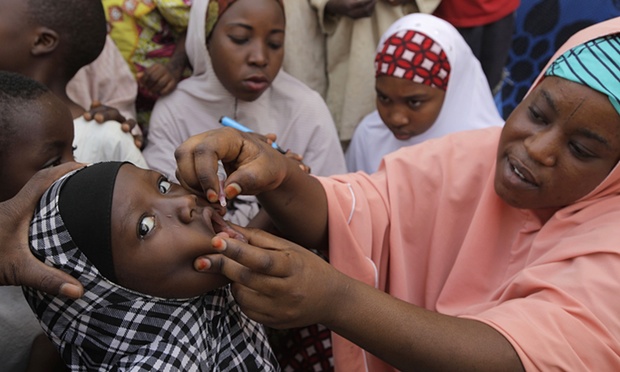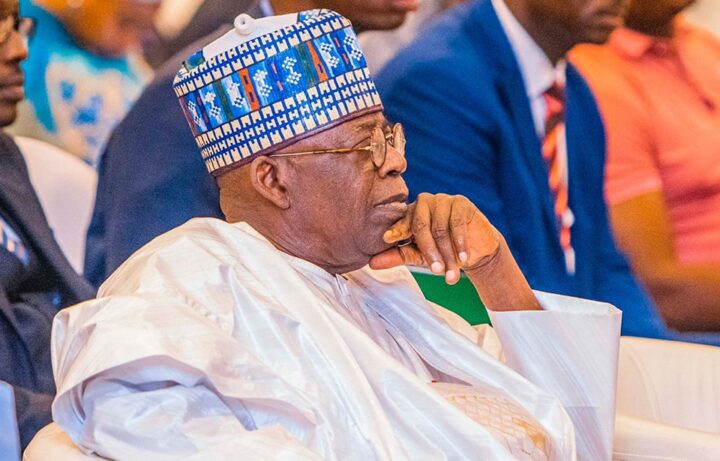In a few weeks, Kayode Fayemi would round off his tenure as governor of Ekiti state and exit Government House, Ado Ekiti, known informally as Ayoba Villa. Fayemi’s latest tour of duty would mark the second time he will lead the state. He was re-elected as governor in 2018, four years after he lost a controversial re-election contest that would have given him two contiguous terms.
Fayemi first made his way to the Ekiti government house in 2010 after a judicial decision declared him the validly elected governor ahead of Segun Oni who had earlier been sworn in and had served for over three years as the PDP governor of the state. After failing to be re-elected in 2014, the Ekiti politician led the opposition charge against the ruling PDP and went on to serve as minister of solid minerals development between 2015 and 2018, after the PDP’s defeat in the presidential election.
The 2010 governorship victory marked Fayemi’s formal entry into public service in Nigeria. Before then, he had served in various forms and shapes as a university lecturer, pro-democracy activist, NADECO promoter, anti-military rule campaigner, and civil society leader. In all, he was a man invested in the social good, democratization, and development of Nigeria through interventions in speeches, books, interviews, rallies, and protests. But it is as a politician that he has come into most public focus and attention. He has now governed Ekiti state for about eight years in total, doing so with grace, aplomb, and commitment to the same democratic ideals he fought for as a student leader at the University of Lagos. Not for him the roforofo, or the brick-bats of Nigerian politics that thrive on insults, name-calling, and midnight scheming that sometimes lead to fatal consequences.
It is unlikely that researchers would find records of Fayemi throwing invectives at opposition figures in his state regardless of the provocation. He appears to often seek the moral high ground, an ethical safe space, from where he demonstrates through speech and conduct that he is an Omoluabi, a person of high value and character. Some Ekiti residents may recall Fayemi as the akowe-governor, the political leader with a penchant to act as a scholar and use big words to describe small things. But close friends and political associates with intimate knowledge of the governor would describe him as a patriot, loyal friend, faithful husband and political leader whose politics and life are shaped by progressive ideals. And compassion.
Advertisement
I first met Fayemi before he was “Governor Fayemi”. I was an editor of a Lagos news magazine called National Standard, which was managed by one of Fayemi’s acquaintances, Mobola Lanre-Badmus. It was around 2008 and, no doubt, a tempestuous period in the life of the governor as it was during the litigations to reclaim his electoral victory and there was so much tension due to contradictory court rulings. A colleague and I interviewed him at his Ibadan residence. We talked about everything: Ekiti state, national politics, his background and his vision to rule. In his subsequent visits to our Ikeja office in Lagos, Fayemi would refuse any bottled water unless it was Gossy Water, produced by the beverage company based in Ikogosi in Ekiti state. He struck me as a very smart man with a lot of depth, but somewhat detached and un-Nigerian, because even then, he was civil and would not speak ill of the people who had robbed him of his electoral victory despite several proddings from us, reporters, seeking a sensational headline.
Fayemi’s leadership of Ekiti has proved my initial assessment right. Rarely do Nigerian politicians come as fully formed as he. He has ruled the state with a touch of finesse and elegance that was missing in the Nigerian political space, where we seem to equate fuss-making with political relevance; confuse old age with wisdom and experience and street populism with the ability to govern and manage a complex policy environment.
As governor, Fayemi will be leaving big footprints in the sands of time. Apart from his moral suasion, which demonstrates that an intellectual and, indeed, a good man can survive and succeed in Nigerian politics, the physical development of Ekiti state owes a lot to him and his team. Hundreds of kilometres of roads have been built across the state. Airport construction is ongoing and at an advanced stage. Numerous initiatives put in place by his administration have accelerated the state’s economic growth and development. Due to these measures, companies such as Promasidor, JMK, and Stallion groups have established multibillion naira businesses in Ekiti, generating thousands of jobs for the state’s citizens as well as for the larger Nigerian economy.
Advertisement
In particular, Fayemi’s administration made outstanding strides through social investment schemes. Some of the progressive initiatives that have been implemented include the child rights law, which criminalises child labour in Ekiti, as well as the monthly stipends and food banks for the elderly and underprivileged. Additionally, Ekiti may be the only state in Nigeria where nursing mothers are entitled to six-month maternity leave, even as the state pays, without fail, WAEC fees for students in public schools and provide free basic education.
It was on the back of his achievements in Ekiti and his bi-partisan leadership of the Nigerian Governors Forum (NGF) that Fayemi contested for the presidential ticket of the All Progressives Congress (APC). He ran a clean race, campaigning on the key themes of unity, security, economic growth, and development, as well as equity and inclusion — two testy issues in Nigeria at the moment. His messaging was articulated as ‘The Nigeria Agenda,’ which drew a link between leadership and the solutions we seek for our national challenges.
Everywhere he went on the campaign trail, he shone as an orator and politician who was in touch with the contemporary issues of the country and has sufficient experience to fashion out workable solutions. But unlike Ekiti, Nigeria appears not ready to elect the best of us into national office as we still equate longevity with political experience and view money as the key determinant of primary races.
As Fayemi completes his beat as governor, it is doubtful that he is truly a happy and fulfilled man. On a personal level, maybe. But no true Nigerian statesman and patriot would be happy and content with our country this sick. But new vistas open for him as he leaves Ayoba Villa. Already, he has been elected as president of the Forum of Regions of Africa, a body that comprises federal, regional, and local governments on the continent and seeks local solutions to Africa’s problems.
Advertisement
There is no doubt that as he closes the governorship door, there are new frontiers in civil society, governance and diplomacy for him to conquer. It may be morning yet for Fayemi.
Views expressed by contributors are strictly personal and not of TheCable.
Add a comment







